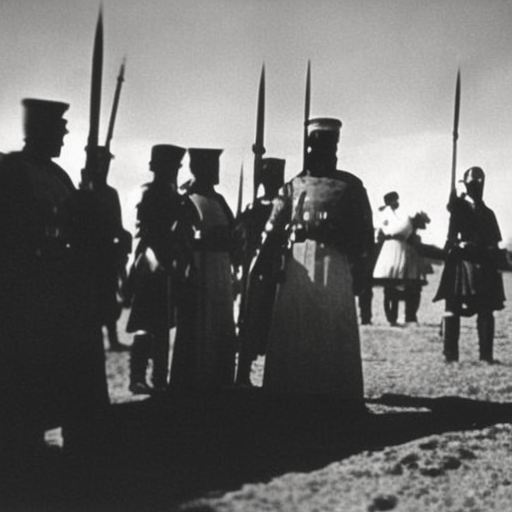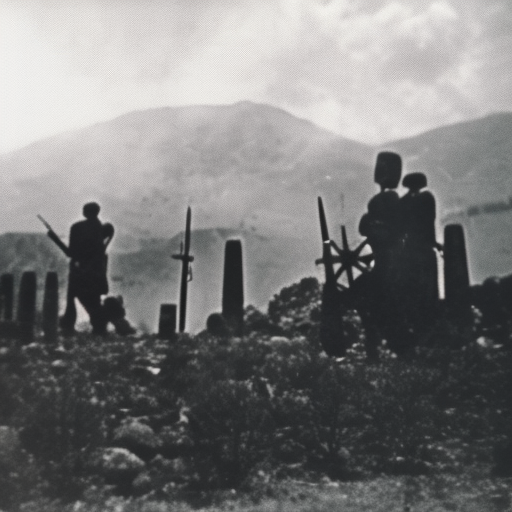The Peloponnesian War (431-404 BC)
The Peloponnesian War was a conflict between the city-states of Athens and Sparta, which lasted from 431 to 404 BC. It was fought primarily in Greece, but also involved other Greek city-states and their allies. The war was named after the Peloponnesian Peninsula, where Sparta was located.
Causes of the War: The main cause of the war was the growing power and influence of Athens, which had become the dominant city-state in Greece after the Persian Wars. Athens formed the Delian League, an alliance of Greek city-states, which it used to control and exploit the resources of its allies. This led to resentment and fear among other city-states, particularly Sparta, which saw Athens as a threat to its own power.
Archidamian War (431-421 BC): The first phase of the war, known as the Archidamian War, lasted from 431 to 421 BC. It began with a Spartan invasion of Attica, the region around Athens, and was characterized by a series of raids and sieges. The Athenians, led by their general Pericles, adopted a defensive strategy and relied on their powerful navy to maintain control of the sea. The war resulted in a stalemate, with neither side able to achieve a decisive victory.
Athenian Expansion and Sicilian Expedition (421-415 BC): In 421 BC, a truce was signed between Athens and Sparta, known as the Peace of Nicias. However, the peace was short-lived as Athens continued to expand its empire, leading to renewed tensions. In 415 BC, Athens launched a disastrous expedition to conquer Sicily, which ended in a crushing defeat. This setback weakened Athens and emboldened its enemies.
Decelean War (413-404 BC): The third phase of the war, known as the Decelean War, began in 413 BC when Sparta established a permanent military presence at Decelea, near Athens. This allowed the Spartans to launch continuous attacks on Athenian territory, disrupting their food supply and causing widespread hardship. The Athenians suffered from a devastating plague, which further weakened their position. In 404 BC, after a long siege, Athens finally surrendered to Sparta, bringing an end to the war.
Consequences of the War: The Peloponnesian War had far-reaching consequences for Greece. Athens, once the dominant power, was severely weakened and lost its empire. Sparta emerged as the new leading city-state, but its victory was short-lived as it failed to establish a lasting peace and maintain its hegemony. The war also left Greece vulnerable to invasion from outside forces, which eventually led to its conquest by Philip II of Macedon and his son Alexander the Great.
The war had a profound impact on Greek society and culture. It shattered the ideal of Greek unity and exposed the deep divisions and rivalries among the city-states. It also led to a decline in democratic institutions, as many city-states turned to oligarchic or tyrannical forms of government. The war also had a lasting influence on military strategy and tactics, as both Athens and Sparta developed new methods of warfare.
In conclusion, the Peloponnesian War was a protracted and devastating conflict between Athens and Sparta, which resulted in the decline of Athens and the rise of Sparta as the dominant power in Greece. The war had significant consequences for Greek society and culture, and ultimately paved the way for the conquest of Greece by the Macedonians.












